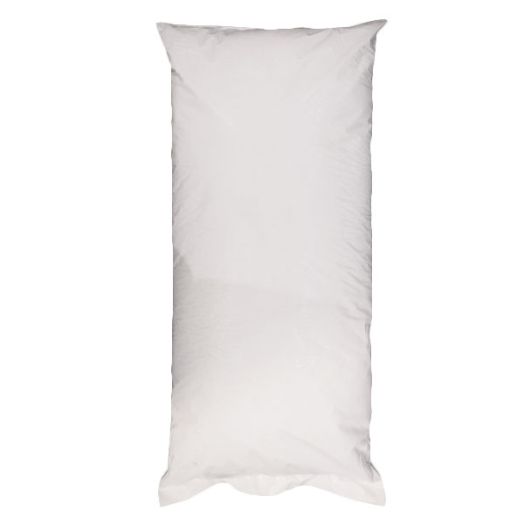Perlite

Perlite is a natural, sterile, inert, pH neutral substrate used for plants in hydroponic systems or soil. Perlite can be mixed with most other types of substrate to increase aeration, improve drainage and reduce compaction over time. Perlite works well in drip-feeding systems, or as an additive to other substrates. However, due to its lightweight nature, it floats on top of water, so is unsuitable to use in flood and drain systems. For more info on Perlite and how to use it in your garden, read our buyer's guide below.
Perlite
Perlite is an expanded volcanic glass with a porous microstructure. Under a microscope, perlite is a bit like polystyrene with several air pockets surrounded by the thin hard glass. Perlite is manufactured in a number of sizes but for horticultural purposes, 2mm - 5mm is considered the best for the strongest root growth, good drainage and aeration.
While Perlite occurs naturally around the globe where conditions have been right (on a geological timeline) to sufficiently expand water trapped in obsidian. Most perlite is not naturally occurring but instead man-made in a kiln, recreating the conditions in which it is made naturally. When perlite ore is heated sufficiently, the glass becomes pliable, allowing the trapped moisture to expand. This ‘pops’ the stones like popcorn, where the ore rapidly expands to several times its size producing the lightweight aggregate we all love.
Due to the trapped pockets of air in perlite, it’s a very good thermal insulator - it will provide a buffer against extreme temperatures, reducing the effects of a cold floor in winter or a hot ambient temperature in summer.
Historically, the raw material for perlite has been obtained using strip mining techniques, but most mining companies now understand the need for ecological conservation of the environment, following government guidelines and taking steps to revert the mined area in terms of flora, fauna and contours back to conditions prior to mining. In such a way using perlite has become more ecologically and environmentally friendly than it once was, so if your environmentally minded, there's no need to worry with perlite anymore.
Perlite is odorless, lightweight, non-toxic, non-fibrous so it’s safe to handle and simple to use. Perlite also has a neutral pH of 7 so will not alter the acidity of any solutions and suites the optimal pH range of plants.
When using a freshly bought batch of perlite, it's recommended to moisten the perlite to reduce the chances of the dust created during transportation from becoming airborne, stopping you from breathing it in.
If you’ve got more questions about Perlite email us or call our specialist team on 0800 085 7995 who can advise you on the benefits of Perlite in your environment.


